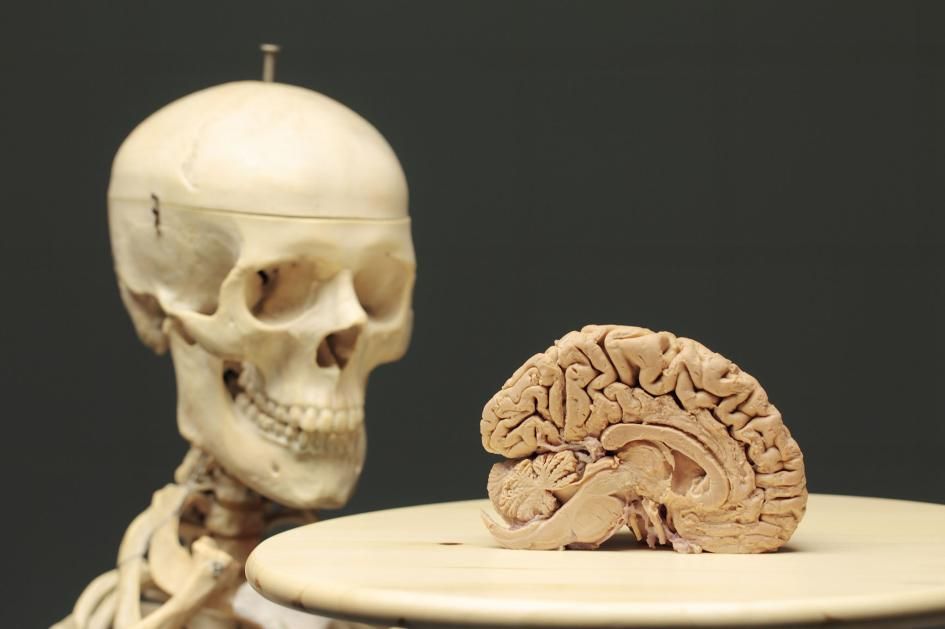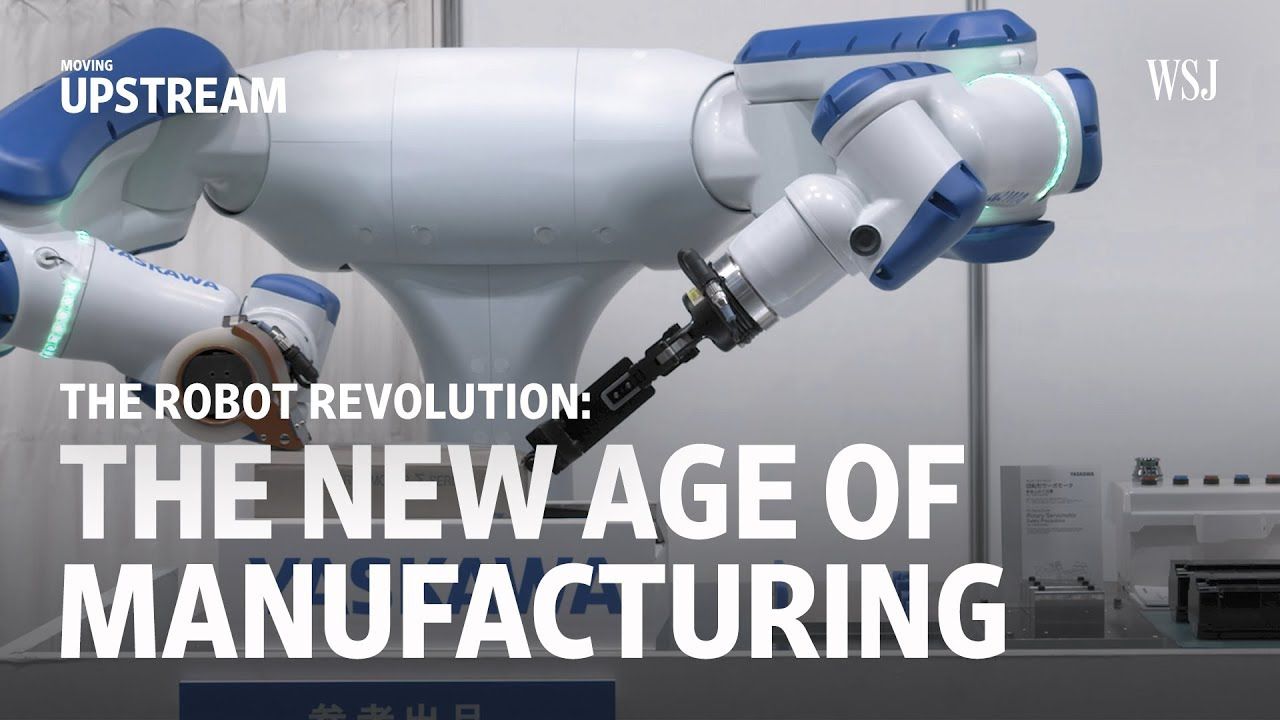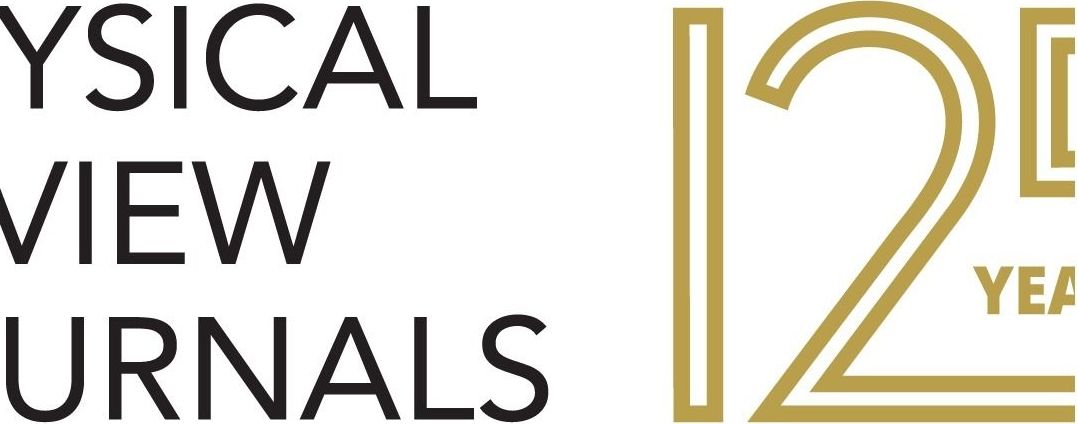For all of us, the act of being and thinking requires a network of complex support. The late physicist’s disability made it visible.
Midnight. As I was browsing the internet, I saw, like shooting stars, emails suddenly appear and disappear from the right-hand corner of my computer screen. The first from CNN announcing the death of Stephen Hawking, the second from an editor at The Atlantic asking me to write about him.
I had written about the man for 10 years—as a biographer of some sort, or an anthropologist of science to be more precise, studying the traces of Hawking’s presence. But now I felt a powerless inertia, unable to write anything. I didn’t think I would be affected by his death, but it touched me deeply. I was overwhelmed by the numerous articles that started to appear all over the world doing precisely what I had studied for so long and so carefully: recycling over and over again the same stories about him. Born 300 years after the death of Galileo Galilei, holder of Cambridge’s Lucasian Chair of Mathematics (once held by Isaac Newton), and now … died on the same day Albert Einstein was born. The life paths of history’s most iconic scientists intersected in weird ways. The puzzle seemed complete: Hawking had fully entered the pantheon of the great.
Read more










